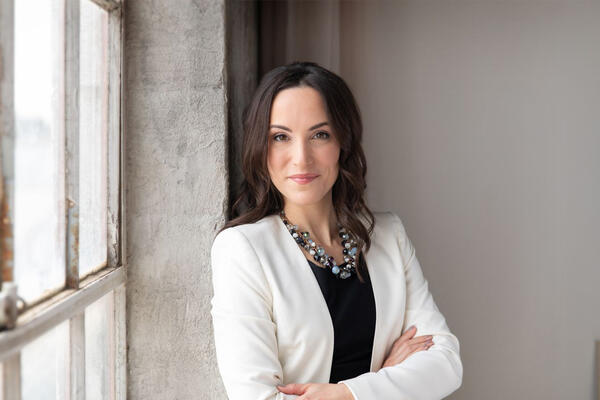WATERLOO, Ont. (Wednesday, Oct. 20, 2010) - Dr. Peter Ratcliffe, a renowned medical doctor and biological researcher, will reveal why he became a scientist to local high school students at a talk hosted by the University of Waterloo on Oct. 26.
Ratcliffe will give a morning lecture about why he entered the field of medicine and the kind of research he is currently conducting in his oxygen sensing group at the University of Oxford in England. He will also deliver an open academic lecture in the afternoon entitled How Cells Sense Oxygen.
Ratcliffe is one of this year’s recipients of the Gairdner International Award, regarded as Canada’s most prestigious medical research prize. As part of the Gairdner's mandate to communicate the work of medical researchers to others, current and past Gairdner awardees visit universities across Canada to provide lectures on their area of expertise.
“We are delighted to welcome Dr. Ratcliffe, who has made numerous contributions to science through his innovative research in oxygen sensing,” said Terry McMahon, dean of science. “His talk will certainly inspire and encourage students to consider entering science programs.”
After studying medicine at Cambridge and St. Bartholomew's Hospital in England, Ratcliffe graduated with distinction in 1978. He trained in renal medicine at Oxford initially working on the physiology of renal oxygenation and its implications for renal injury in shock.
In 1989, he changed fields and founded a new laboratory to work on cellular oxygen sensing pathways. For more than 20 years, Ratcliffe’s research has focused on how cells in the body detect the amount of oxygen available to them, and especially how they respond to a lack of oxygen. This has led to a better understanding of the development of illnesses, such as cancer or cardiovascular disease, where a lack of oxygen in cells plays a significant role.
Primary sponsor for both talks is the Gairdner Foundation, which was created to recognize and reward the achievements of medical researchers whose work contributes to significantly improving the quality of human life. Out of the 298 individuals from 13 countries who have received the Gairdner Award, 79 have subsequently gone on to win the Nobel Prize.
Additional sponsors for the high school talk include the Government of Ontario, Canadian Institutes of Health Research, and the University of Waterloo. The afternoon lecture is sponsored by the Government of Ontario, Canadian Institutes of Health Research, Burroughs Wellcome Fund and the University of Waterloo.
On Tuesday, Oct. 26, Ratcliffe’s talk for high school students begins at 10:30 a.m. in the Humanities Theatre, located in the J.G. Hagey Hall of the Humanities. His open academic lecture will begin at 1 p.m. in Hagey Hall.
Both lectures are open to the public and organized by Waterloo’s faculty of science. Admission is free. For more information and to register, please contact scienceevents@uwaterloo.ca.
About Waterloo Science
Since its founding in 1959, Waterloo's faculty of science has been instrumental in placing the university at the forefront of innovation, discovery and learning. The faculty offers more than 50 core science specializations and options in the departments of biology, physics and astronomy, chemistry, and earth and environmental sciences. It is also home to two world-class professional schools - Canada’s only English- speaking optometry school and one of only two pharmacy co-op programs in North America. For more information, go to www.science.uwaterloo.ca.








